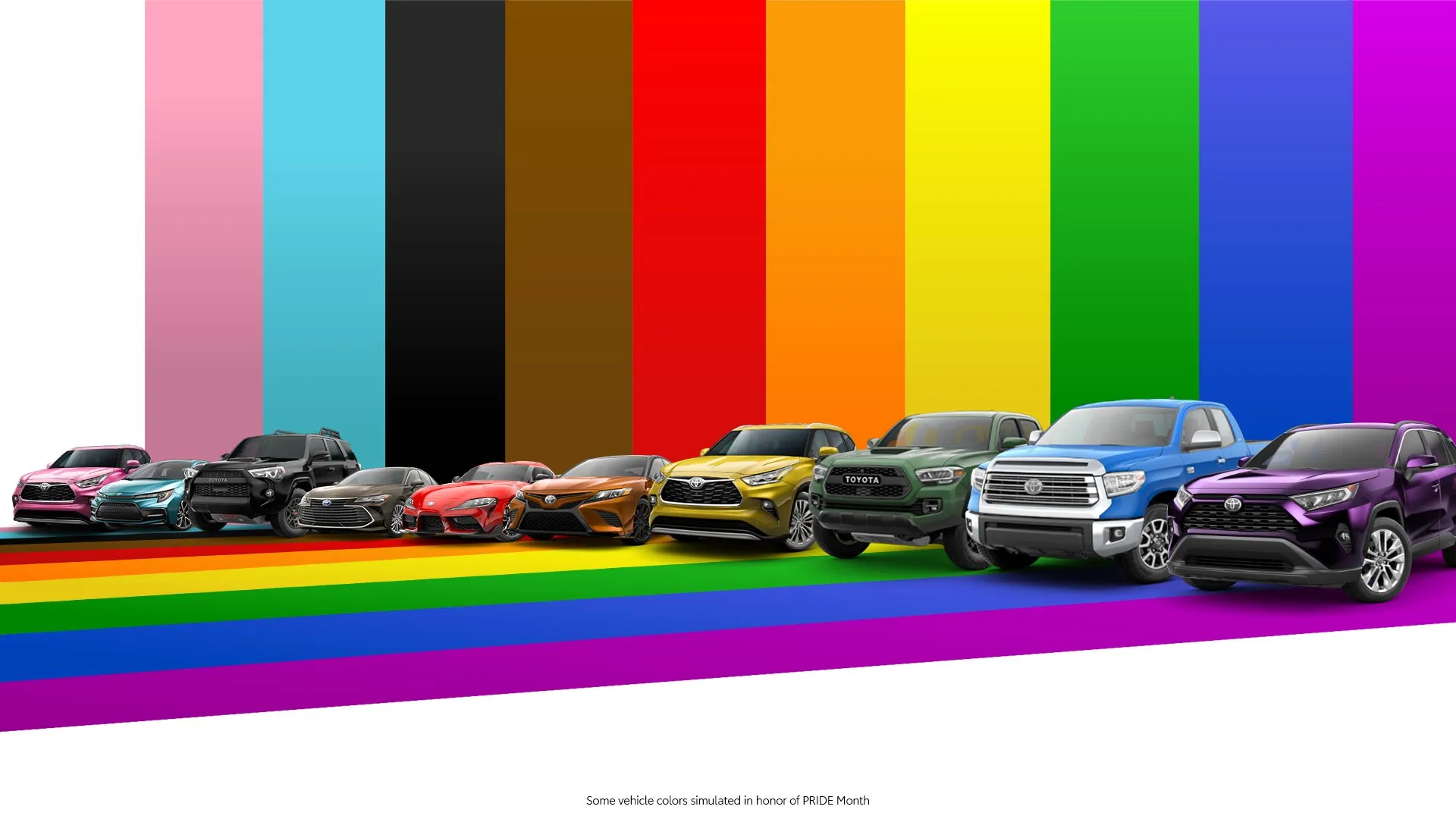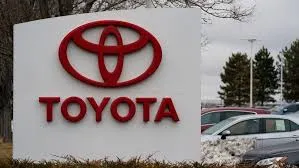Toyota’s recent decision to scale back its Diversity, Equity, and Inclusion (DEI) initiatives, including the withdrawal of sponsorship for events like Pride Month, has sparked significant discussion within the automotive industry and beyond. This move comes amid a broader trend among some companies reevaluating their commitments to DEI in the face of changing political and social climates.

Critics argue that such decisions undermine the progress made in promoting inclusivity and representation. Events like Pride Month play a crucial role in celebrating LGBTQ+ identities and fostering a sense of community. By stepping back from these sponsorships, Toyota risks alienating consumers and stakeholders who value corporate responsibility and support for marginalized groups.

On the other hand, supporters of the decision may argue that companies should focus on business fundamentals and that the current climate necessitates a reevaluation of priorities. This perspective suggests that businesses should be cautious about their public stances, particularly when they may be met with backlash from certain demographics.

Toyota’s decision is a reflection of a larger conversation about corporate engagement with social issues. As companies navigate this complex landscape, the impact on brand loyalty, consumer perception, and employee morale will be closely watched. How this shift will influence Toyota’s relationship with its customers and the communities it serves remains to be seen.





